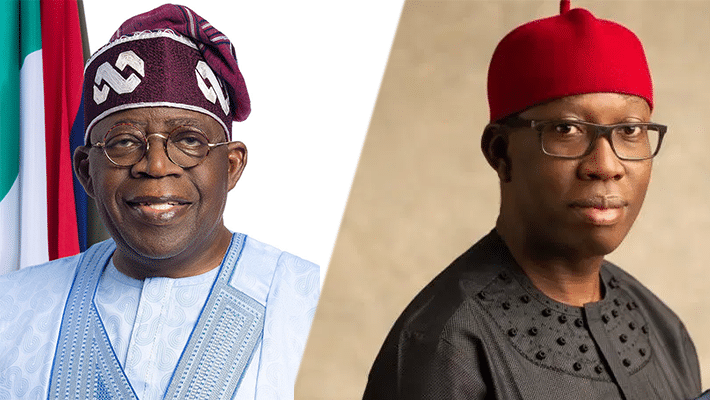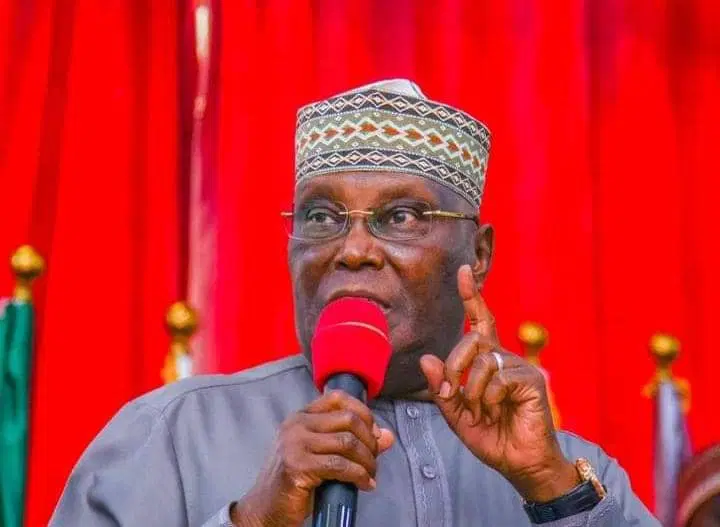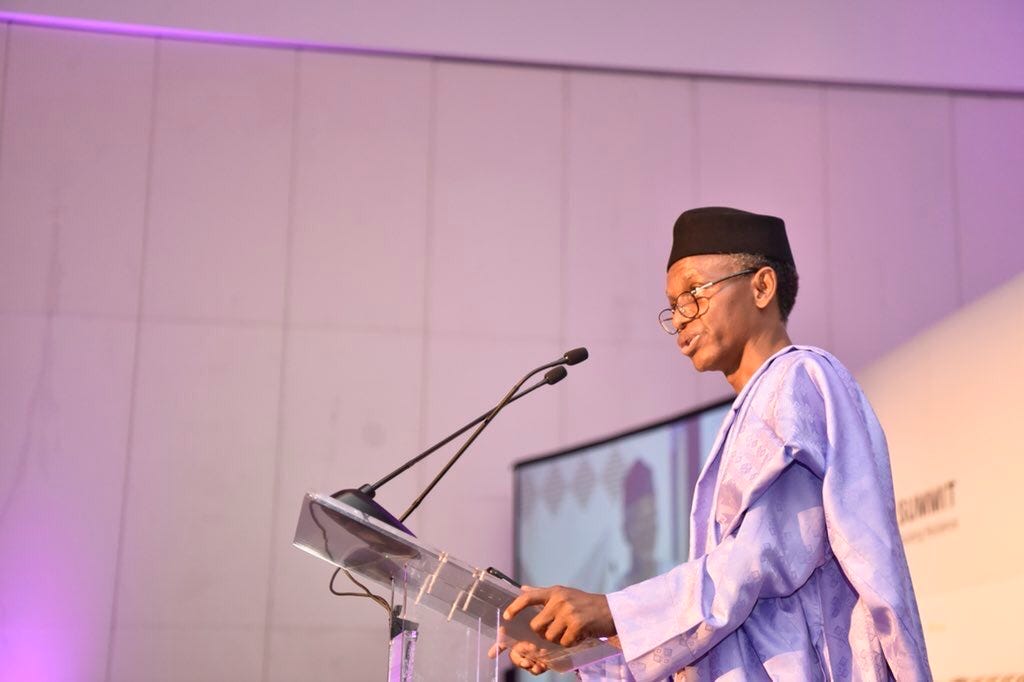Nigerian Ministers' Potential Gubernatorial Aspirations in 2027

Several ministers within the Bola Ahmed Tinubu-led Federal Executive Council are reportedly considering governorship bids in their respective states, with an eye toward the 2027 elections. This trend echoes historical precedents where ministerial appointments have served as springboards for challenging incumbent governors, particularly in states not controlled by the ruling party.
Among those who contested governorship seats in 2023 are Ahmed Idris Malagi (Minister of Information), Nentawe Yiltwada Goshwe (Minister of Humanitarian Affairs and Poverty Reduction), Adegboyega Oyetola (Minister of Marine and Blue Economy), Bello Matawalle (Minister of State for Defence), and Adebayo Adelabu (Minister of Power). Additionally, Senators Abubakar Kyari and Yusuf Tuggar, with past governorship aspirations, may leverage their current positions to revive their ambitions in Borno and Bauchi, respectively.
For ministers like Matawalle and Oyetola, who previously served as governors but lost their re-election bids, 2027 presents an opportunity to reclaim their positions, particularly with their party now controlling the federal government. Others, like Adelabu in Oyo State, see a clearer path to the governorship with the current governor's term ending and a potential advantage from the Tinubu presidency.
Historically, ministerial appointments have been strategically used to empower individuals to challenge sitting governors. Examples include John Khadiya in Plateau State during the Second Republic and numerous appointees under President Olusegun Obasanjo's administration. Even figures like Rabiu Musa Kwankwaso and Nyesom Wike utilized their ministerial positions to later secure governorships.
In the current political landscape, at least seven individuals are believed to be eyeing governorship positions, regardless of party affiliation with the incumbents. These individuals view the governor's office as more secure and powerful than a ministerial role, which is subject to presidential discretion. The zoning of governorship positions based on senatorial districts further incentivizes these ambitions.
Specifically, Senator Abubakar Kyari of Borno State is considered a frontrunner for the 2027 governorship, backed by his experience, loyalty, and potential support from both President Tinubu and key party figures. In Oyo State, Adebayo Adelabu is strategizing to replace Governor Seyi Makinde, leveraging his political lineage, current ministerial position, and efforts to strengthen relationships with key stakeholders. Professor Nentawe Yilwatda, Minister of Humanitarian Affairs and Poverty Reduction, is also actively engaging with communities and leaders in Plateau State, signaling his continued interest in the governorship despite a previous defeat. Senator Heineken Lokpobiri is also reportedly positioning himself for a Bayelsa state governorship bid, bolstered by his connections and ministerial role.
In Niger State, the Minister of Information, Mohammed Idris Malagi, is said to be quietly positioning himself for the 2027 race, potentially capitalizing on growing cracks within the APC. He is reportedly securing federal appointments and economic opportunities for his allies, further solidifying his position.
Overall, the trend of ministers vying for governorship positions reflects a strategic use of federal appointments to consolidate power, challenge incumbents, and pursue long-term political ambitions at the state level.









